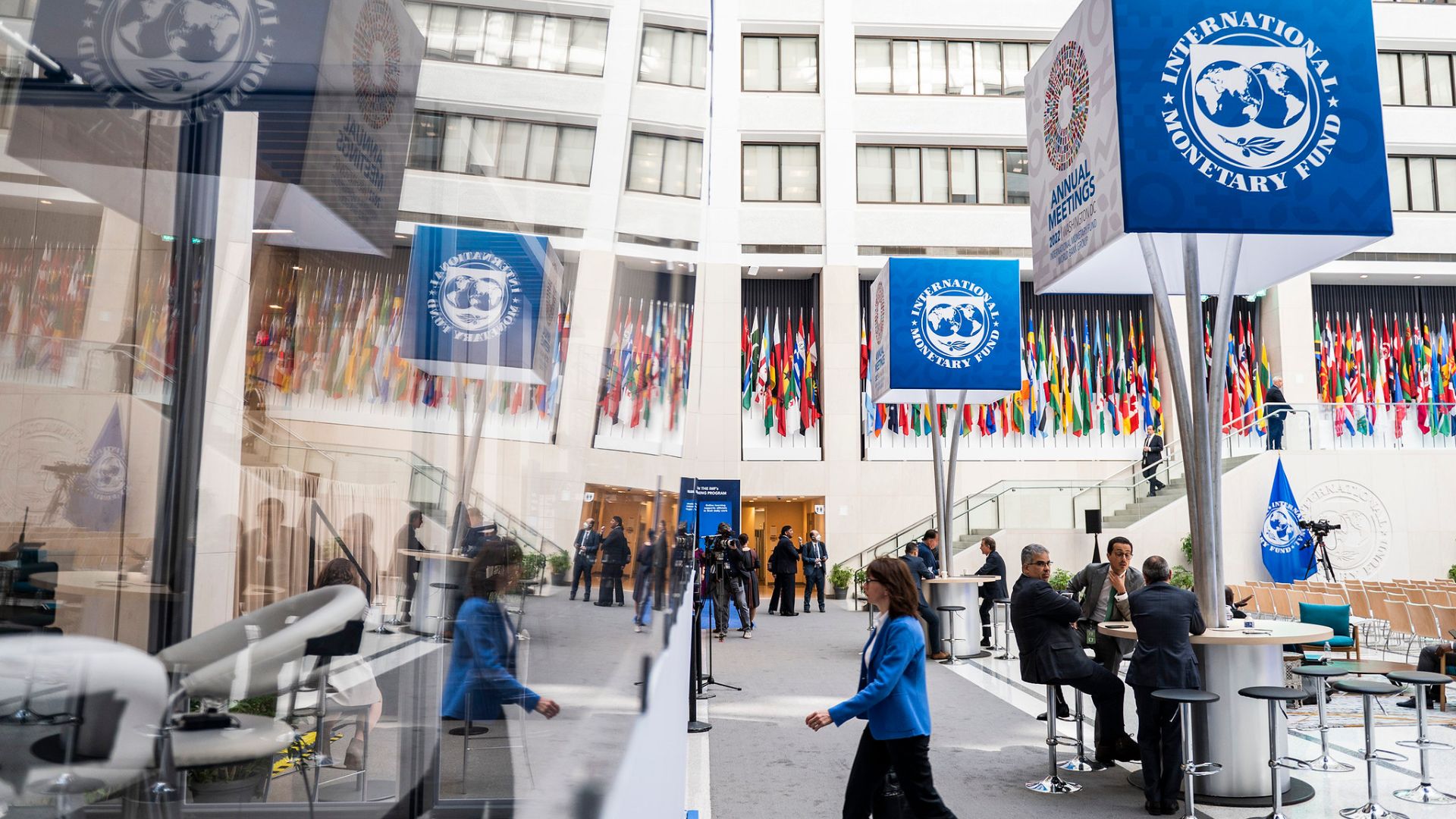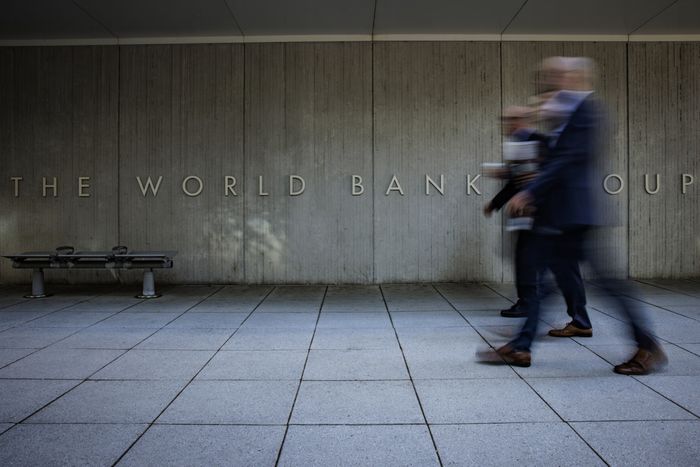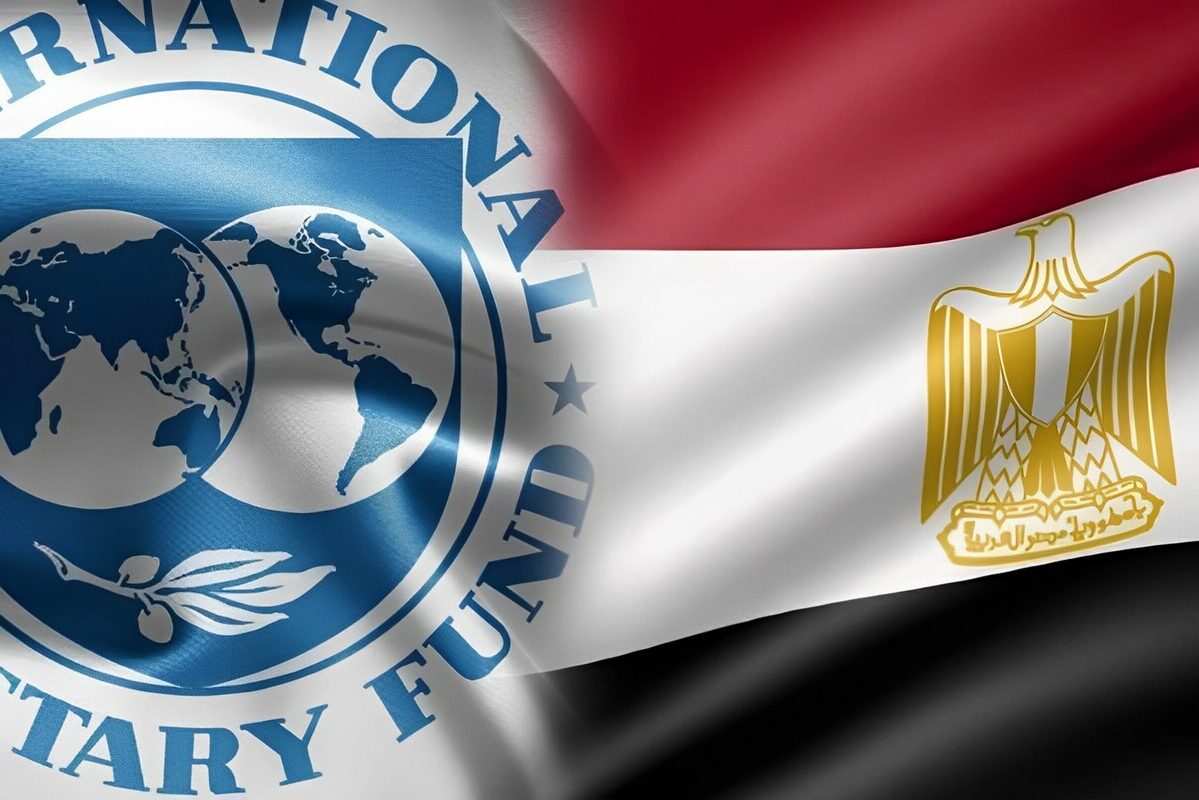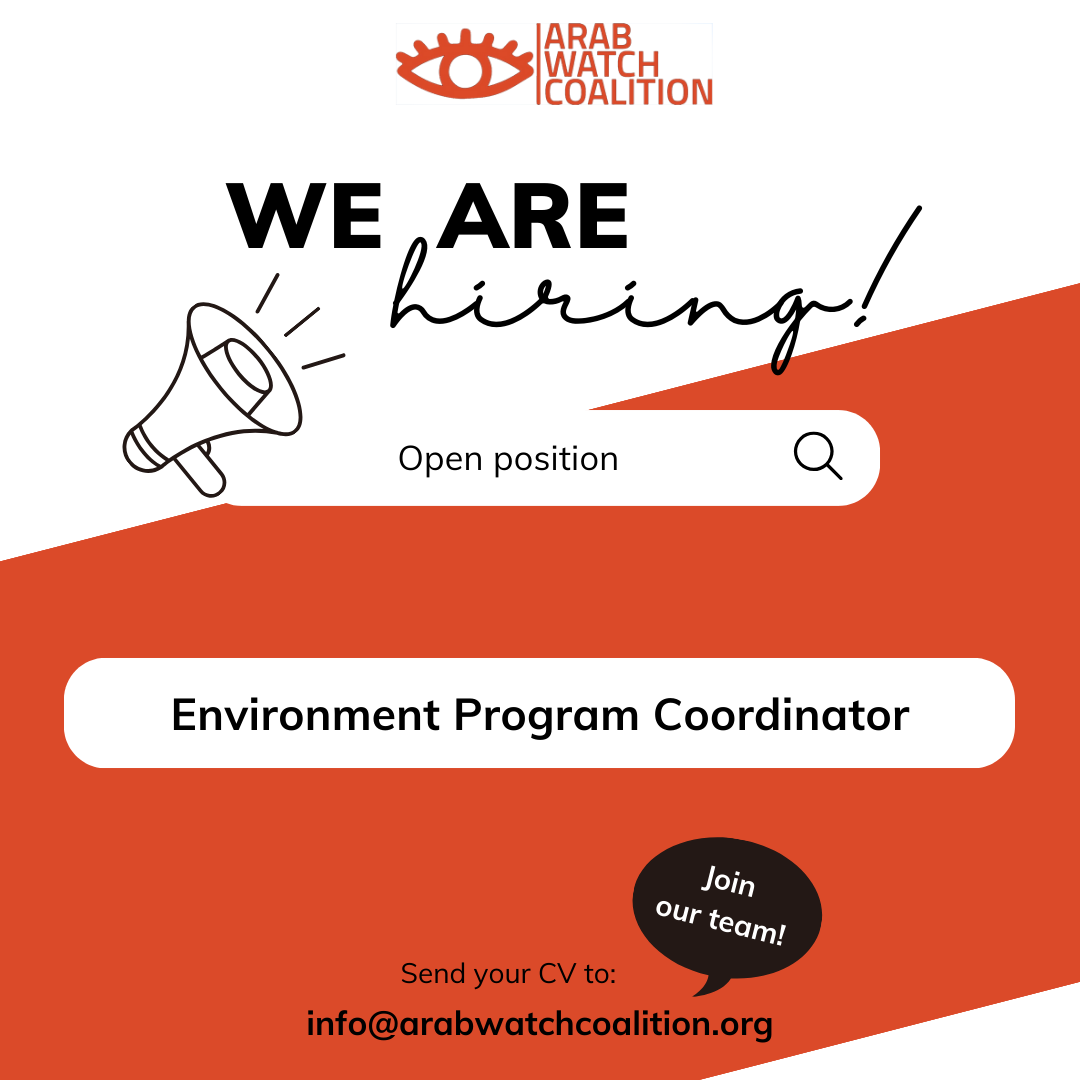
An IMF Advocacy toolkit for Organizations Based in the Arab World
Introduction to the toolkit This toolkit is part of a three-part series designed to empower civil society organizations (CSOs), activists, and policymakers with a thorough understanding of the International Monetary
A Guide to Access World Bank Project Information and Understand Project Documents for CSOs
Introduction to the toolkit The Arab region has long faced a gap in awareness regarding the profound influence International Financial Institutions (IFIs) have in shaping development in their respective countries.
From Loans to Letdowns: Why the IMF’s Egypt Strategy is Coming Up Short
After more than a year and a half of implementing the IMF program, the Egyptian economy continues to grapple with instability, weak financial health, and rising debt. Economic growth has
The Evolution of the World Bank’s Independent Accountability Mechanism: From a Beacon for Accountability to a Confusing Structure
In 1993, under intense pressure from civil society, the World Bank established the Inspection Panel to address complaints from people who believe they may be adversely affected by the Bank’s
The Mirage of Engagement: Unraveling the IMF’s Lip Service to Arab Civil Society
In today’s global financial landscape, the International Monetary Fund (IMF) is often viewed as a key ‘architect’, structuring financial frameworks that dictate the economic paths of nations facing acute financial
A Toolkit for MENA Activists: Understanding the World Bank’s Different Lending Instruments (DPF, PfoR, IPF)
Introduction to the Toolkit This is the second toolkit produced by Arab Watch Coalition (AWC) in a series designed to equip Civil Society Organizations (CSOs) and activists with the knowledge
Re-constructing IMF-Civil Society Engagement in the Arab Region
Context In a landscape where the global financial architecture increasingly dictates the pace and direction of development, engagement between the International Monetary Fund (IMF) and Civil Society Organizations (CSOs) in
Challenges and Dynamics of Global Carbon Taxation and Emissions Trading – Research Brief
I. Context Climate change has emerged as an anchoring challenge of this decade – one marked with environmental, economic, health, and debt crises– necessitating a unified response from countries worldwide.
